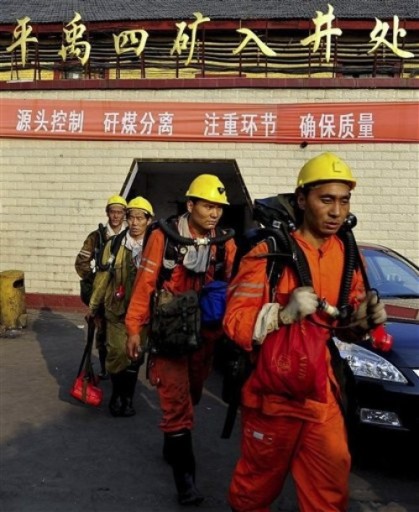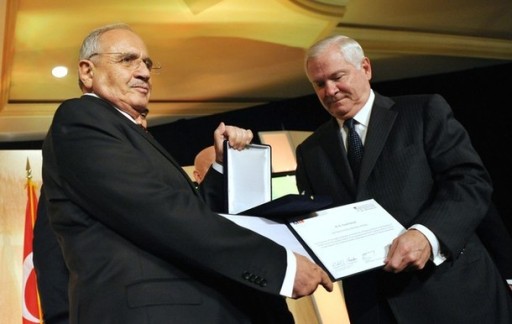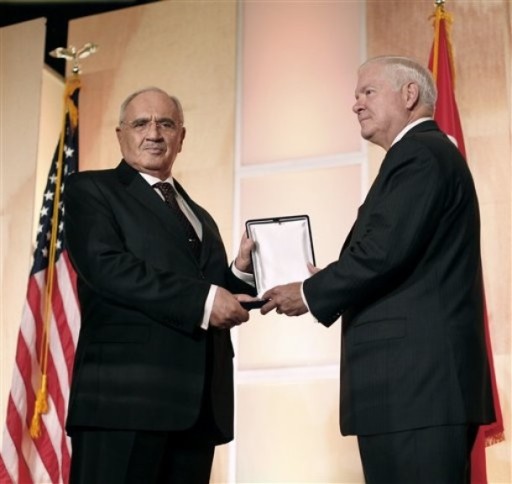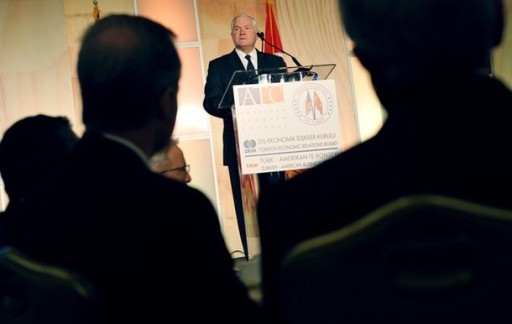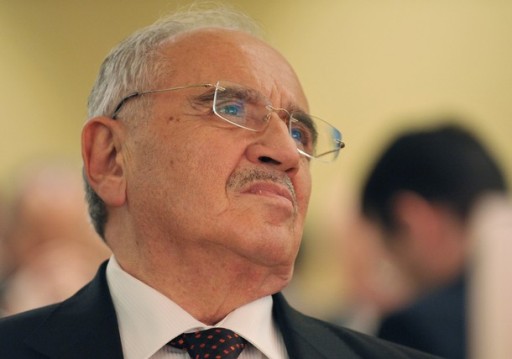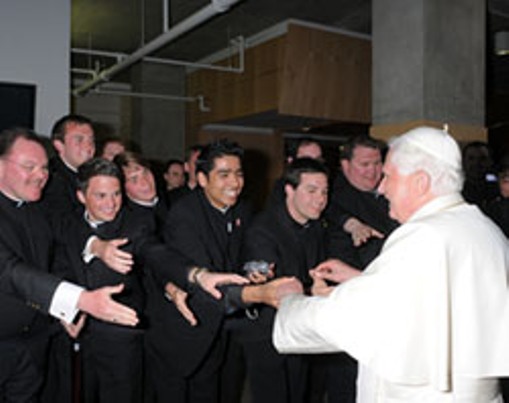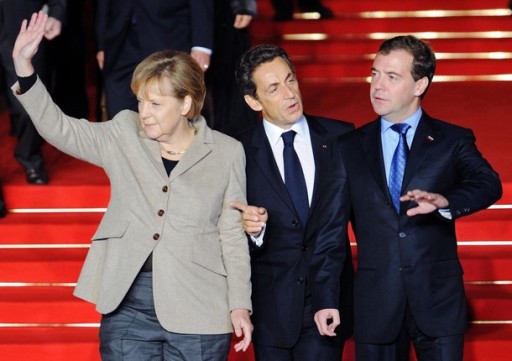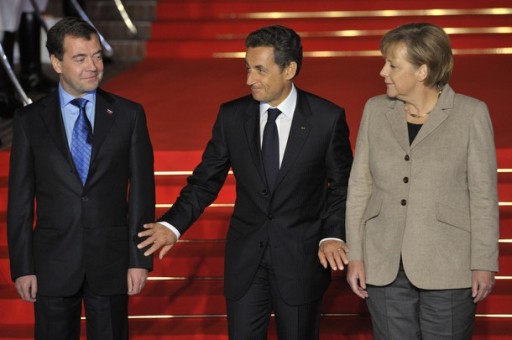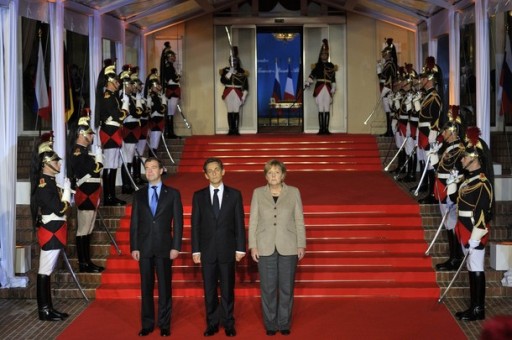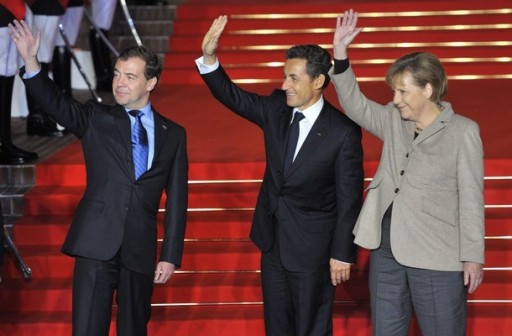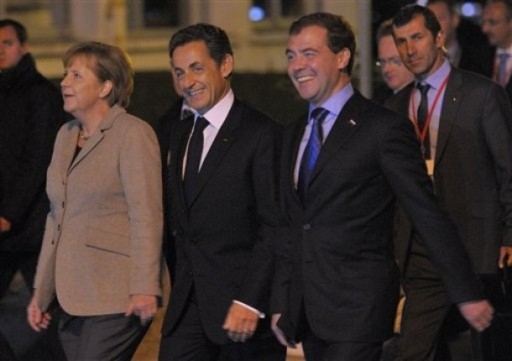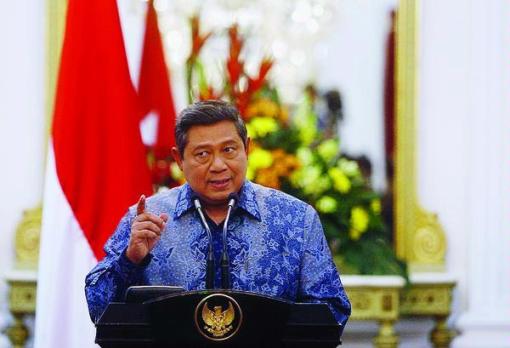
Chinese Vice President Xi Jinping has been promoted to a key post in the Communist Party’s military committee, confirming his image as the anointed successor to President Hu Jintao, who is expected to step down in 2013.
October 19, 2010 (KATAKAMI / FRANCE 24 / AP) - Chinese Vice President Xi Jinping was promoted to a key post in the Communist Party’s military committee Monday, affirming his path to be the country’s leader within three years.
The son of a party veteran, Xi (pronounced “she”) has employed success in earlier jobs, along with family and political connections, to become the party’s sixth-ranking leader. He has been viewed as the anointed successor to President Hu Jintao, who is expected to step down as party chief in 2012 and as president the next year.
Analysts see the 57-year-old Xi as a consensus choice at a time when Premier Wen Jiabao has been calling for unspecified changes to China’s one-party system and other leaders have harshly denounced any moves to adopt Western-style democratic institutions.
In addition to promoting Xi, the ruling party’s governing Central Committee also pledged to make “vigorous yet steady” efforts to promote political restructuring, the official Xinhua News Agency and state broadcaster CCTV reported. They cited a document issued at Monday’s close of the committee’s annual four-day meeting.
No specifics were given, although party leaders routinely call for administrative refinements to shore up one-party rule.
Xinhua gave few details about Xi’s long-expected appointment to the Central Military Commission that oversees the 2.3 million-member People’s Liberation Army.
Xi’s appointment to the party’s military commission, and an identical one on the government side, has been viewed as a necessary step in preparing Xi for the top office.
“Barring anything unexpected, Xi will be taking over as party leader,” said Ni Lexiong, a professor at Shanghai’s University of Political Science and Law.
The 11-member commission already has two vice chairmen and is chaired by Hu, who had also been its only civilian member for the past five years, allowing him to consolidate his influence over the military at the expense of political rivals.
The reports indicated the commission was being expanded to 12 members rather than Xi replacing one of the current vice chairmen.
Without a transparent electoral process, the party utilizes such appointments to show that the succession is going ahead smoothly and predictably. Although the precedent is thin, Hu had been made a vice chairman of the military commission three years before taking over and Xi’s failure to receive the position last year had sparked speculation that the succession process had stalled.
In addition to affirming Xi’s path to the top, his appointment strengthens the party’s absolute control over the military in a repudiation of calls for the People’s Liberation Army to become a national army under government, not party, leadership.
It also stands as a show of unity among party leaders amid speculation about possible divisions over the scope and pace of political reform.
Being the son of a party veteran firmly places Xi in the camp of the “princelings” - politicians whose political connections and degrees from top universities have won them entry into the country’s elite. Princelings often vie for position with the followers of former leader Jiang Zemin, who is believed to still wield considerable influence behind the scenes.
Xi built his career working in the wealthy eastern provinces of Fujian and Zhejiang, and served briefly as party chief of Shanghai before being elevated to the all-powerful nine-man Politburo Standing Committee in 2007.
While Xi is not believed to be Hu’s first choice of successor, his rise illustrates the party’s overwhelming desire for balance and consensus, said Joseph Cheng, head of the Contemporary China Research Center at the City University of Hong Kong.
“Hu may have other preferences, but rocking the boat and changing the plan is too risky and the cost too high,” Cheng said.
There are also other key positions to be filled, and Hu is expected to want to influence those appointments to retain sway after he leaves office.
Along with promoting Xi, the 200-plus Central Committee members and more than 150 alternates approved parts of an economic blueprint for the next five years that aims to narrow the yawning gap between rich and poor and begin the delicate preparations for a new generation of leaders.
The plan, covering 2011-2015, includes a greater focus on public services, promoting employment, strengthening the social security system, and better access to public health care, state media said.
China’s economy has boomed over the past three decades, but unevenly so. Hundreds of millionaires have emerged while the urban poor struggle and development in the vast countryside lags.
Besides the wealth gap, leaders of the 78 million-member party also have to deal with a public dissatisfied with rising inflation, high housing prices, employment woes among college graduates, endemic corruption, while Tibetan and Muslim regions of western China are held in check by a smothering security presence.
Abroad, China is facing criticism from the U.S. for its currency and trade practices and its support for North Korea and ties with Iran.

